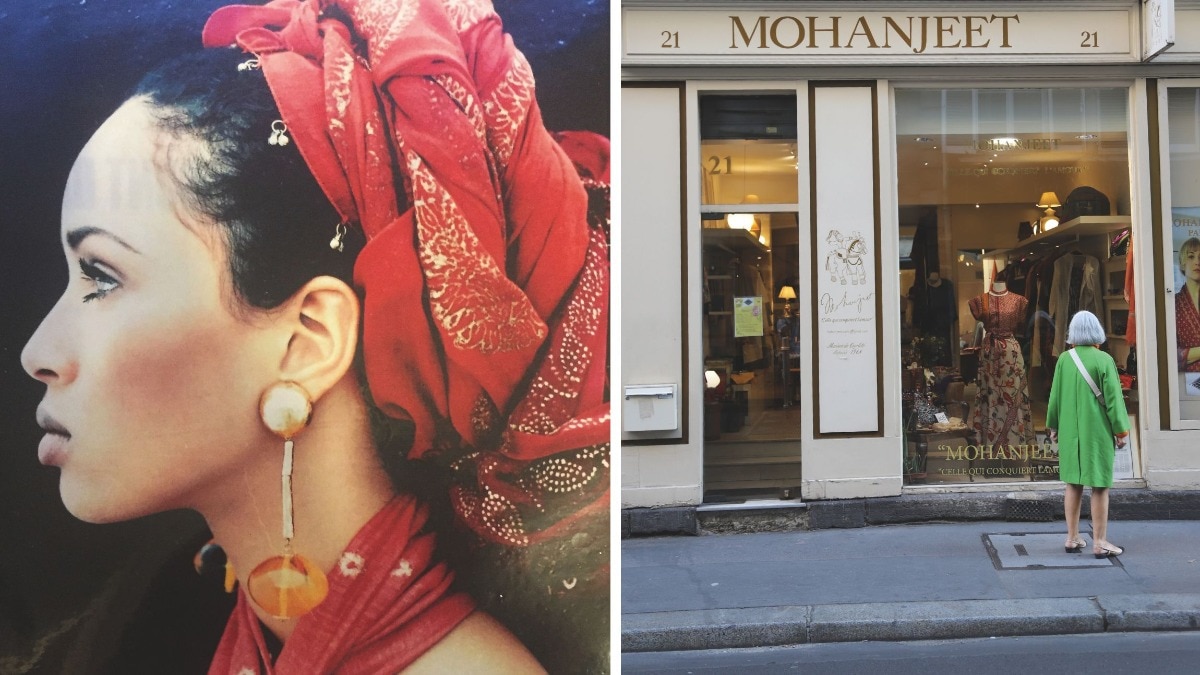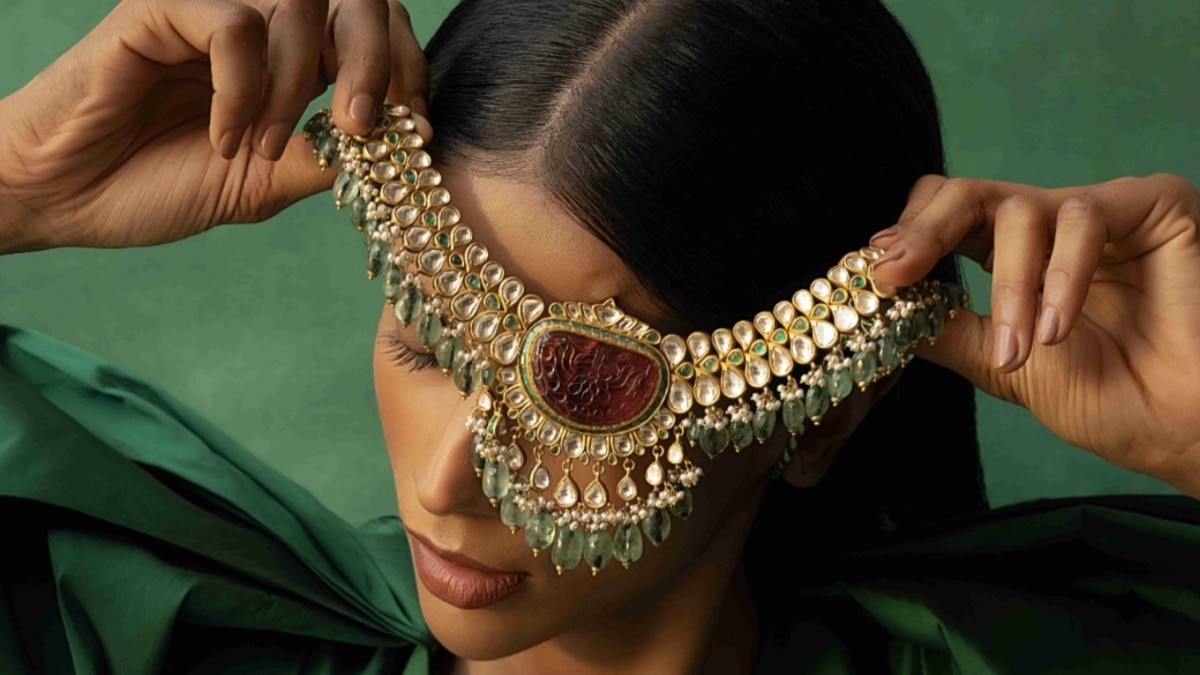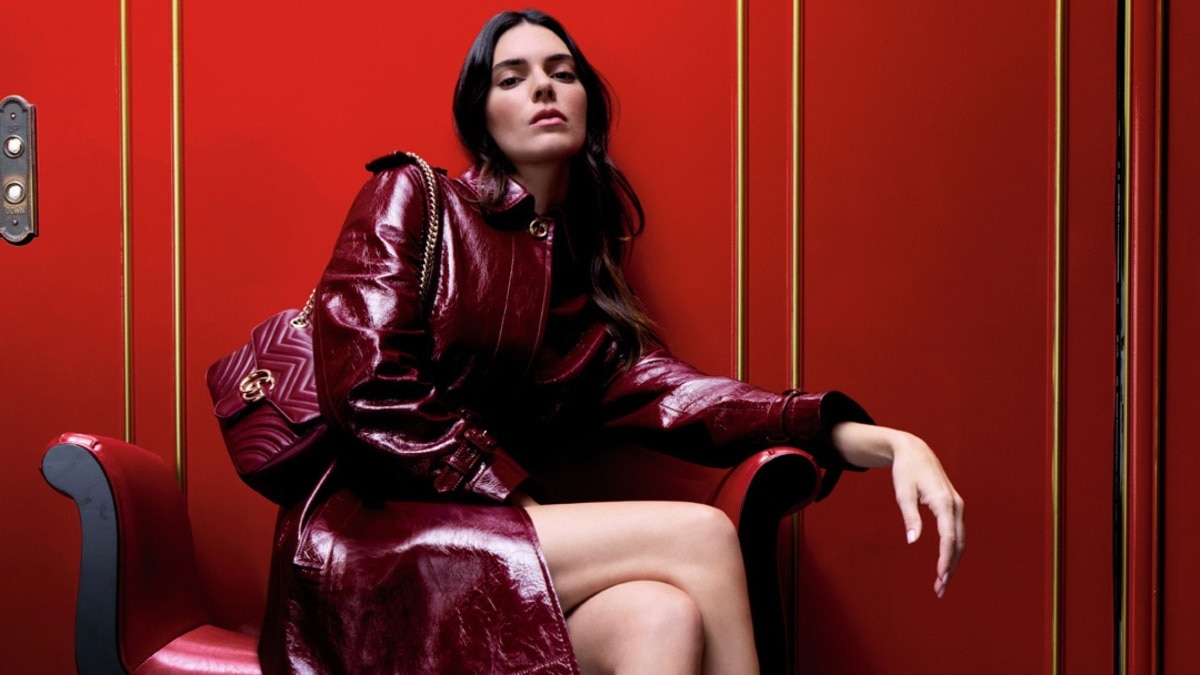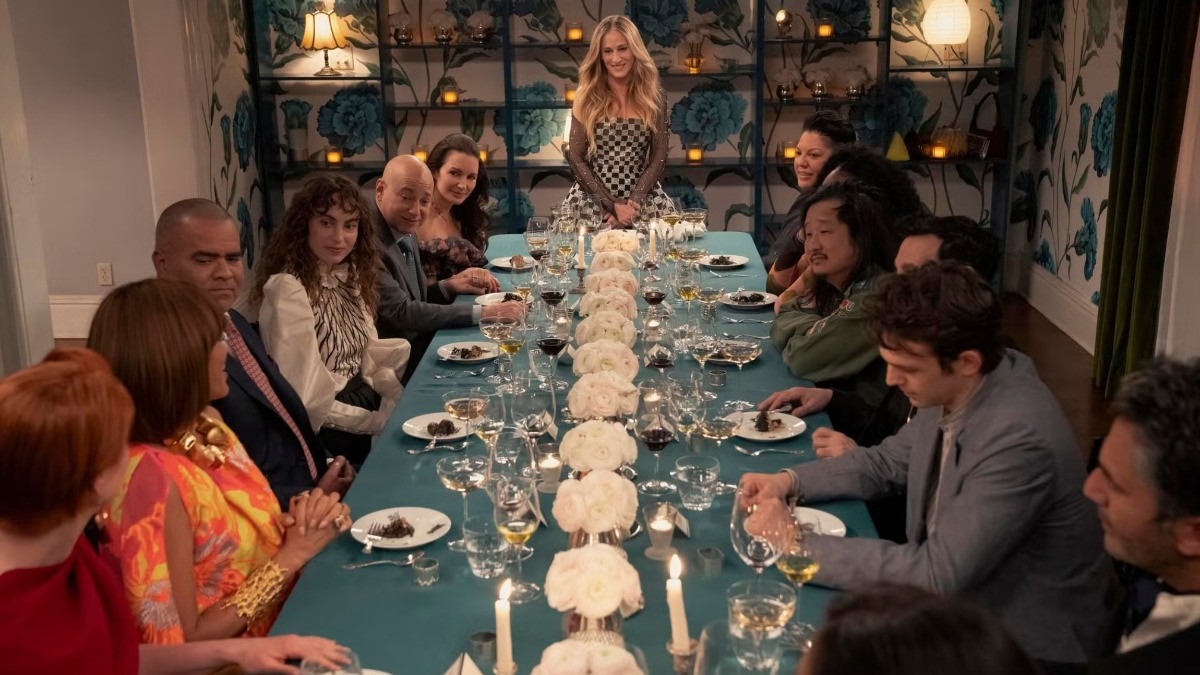What does luxury fashion mean to the new generation of Indian creatives?
A closer look at how Millennials and Gen Z are reinterpreting luxury ft. Orry, Ayesha Kanga, Arjun Varain Singh, Malvika Sheth, and more.

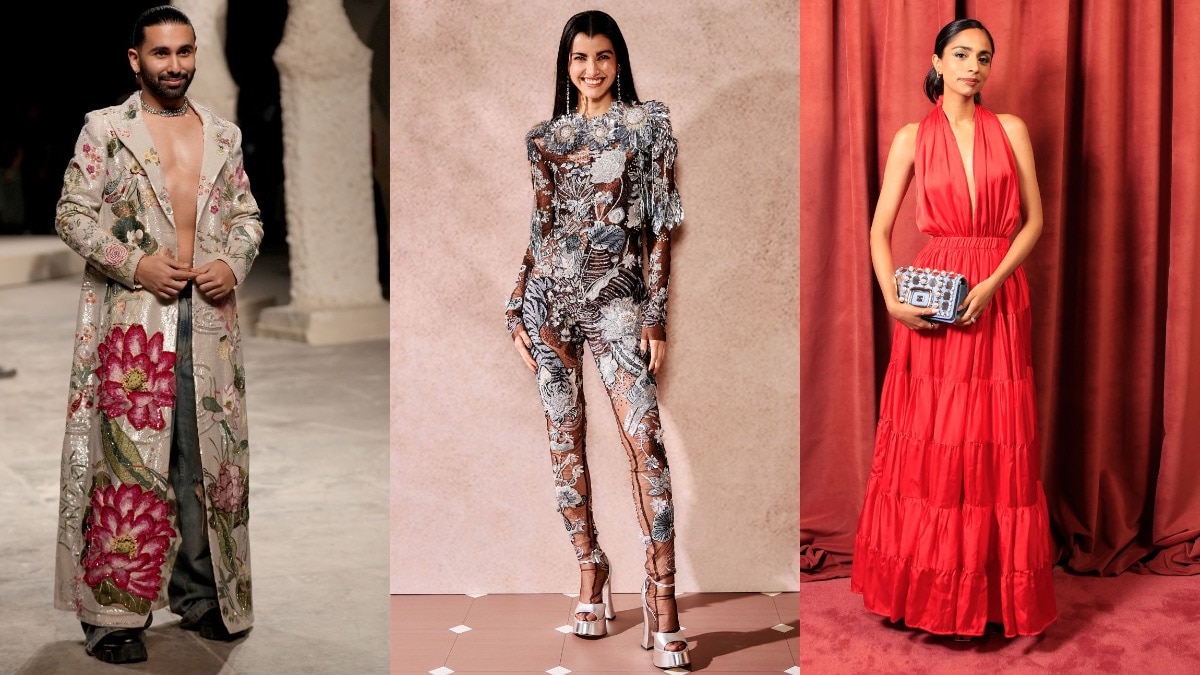
Gone are the days of flaunting flashy logos for the sake of conspicuous consumption. This new wave of fashion-forward creatives are no longer satisfied with owning the latest ‘It’ bag or must-have sneakers; instead, they are embracing a paradigm where ethical consumption, comfort, and self-expression take precedence over mere ownership. Bold, unapologetic, and driven by purpose, India's new generation of creators is flipping the script on the former reputation of luxury fashion pieces as superficial status symbols. Bazaar India took a closer look at what changed and spoke to the Millennials and Gen Z who are changing the game about what makes luxury fashion tick for them.
The digital-first mentality
Millennials and Gen Z aren’t just demographics; they’re a dynamic force reshaping the very landscape of fashion. And what sets them apart besides their spending power is their inherent understanding of technology's transformative potential. It is this savviness that has ushered in a seismic shift in luxury consumption, blending traditional desires for exclusivity with a digital-first mentality.
This holds particularly true for Gen Z—by 2030, this generation is poised to dominate a third of the luxury market, a meteoric rise outpacing even their Millennial predecessors. Unlike previous generations, Gen Z's journey into luxury began earlier. And while the allure of brick-and-mortar boutiques still holds sway, the virtual realm is where they truly shine. In India, for instance, a staggering 39 per cent of Gen Z opt for online luxury shopping, a testament to their digital fluency and penchant for convenience.
Brands have taken note. Tommy Hilfiger created a fully shoppable, digital show for its Spring 2021 collection, for instance. It was broadcast live on platforms like YouTube, Twitch, and TikTok as an avatar-modeled virtual show. Fans could click shoppable elements to purchase pieces straight from the runway. Adapting to the surge in online shopping and the reluctance to share in-store beauty samples in a post-pandemic world, Chanel introduced a virtual makeup try-on feature. Users could activate their cameras to try on various makeup shades from Chanel, effortlessly finding their perfect shade from the comfort of their own homes. Other brands soon followed suit.
The values they value
For Millennials and Gen Z, fashion is a powerful form of self-expression and a means of advocating for social change. They seek brands that are inclusive, sustainable, and authentic, support labels that champion diversity both on and off the runway, and look for versatile clothing that can be styled in multiple ways, ensuring that their wardrobe is adaptable and reflective of their lifestyles.
“Luxury to me is synonymous with sustainability,” says Orhan Awatramani, better known as Orry, known for his love of iconic, long-lasting pieces. To Orry, luxury fashion is about investing in pieces that have a lasting impact on style. His favourite example? "My beat-up travel Birkin bag," he says.
Arjun Varain Singh, the director of Kho Gaye Hum Kahan, agrees, adding, “I prefer comfort and quality, rather than brand names and logos. I hate the idea of having a brand logo plastered over my clothes.” When asked about the luxury brands on his radar, Varain Singh says, “I think more than luxury brands, I’m now more into vintage one-of-a-kind pieces, especially printed shirts and jackets. However, All Saints is my all time favourite,” emphasising a brand that is known to create products certified to the Organic Content Standard (OCS).
Ayesha Kanga, the very fashionable CLASS actor, says, “I’ve been trying to grapple with the concept of luxury or couture and to me I think it’s pieces by artists and design houses that will always have some sort of longevity, value and beauty that supersedes my more impulsive purchases.”
22-year-old Ashna Suri, a fashion designer and content creator, emphasises the importance of ethical consumption, saying, “Luxury fashion to me today, is creative expression through quiet luxury. Where the process of the product has etiquette, a vision, genuine energy and quality time spent on it.”
For 25-year-old digital content creator, Malvika Sheth, versatility is crucial. “I once invested in a simple, tailored 2-piece vintage Prada suit with a belt. I can wear the pants with any of my tops, I can wear the belt without the blazer and pants, I can use the blazer on top of a slip dress, or I can wear the whole set together,” she says.
The labels they love
With this shift in focus to fashion that tells a story and serves a purpose beyond aesthetics, we find out the brands that Millenials and Gen Z gravitate towards.
“The luxury brands on my radar are GCDS and Gentle Monster,” Kanga says. GCDS, the Italian streetwear brand is widely known for dropping collections with deep political symbolism and messaging through every piece. Gentle Monster, the premium sunglasses brand, offers not only authenticity and quality but also the option to customise sunglasses to your face shape.
While listing down her favourite labels, Suri also tells us why she champions them. “I am somewhat a chameleon when it comes to getting dressed. I like to take every day as an opportunity for getting dressed according to the memo. My favourites are Balenciaga, Diesel, Dhruv Kapoor and Fiorucci. Fiorucci is a brand that had a massive reboot in 2023 and is now aiming at catering to their Gen Z audience by making a shift to accessible luxury. Diesel is consistently proving that it is the go-to brand for the young and hot. Dhruv Kapoor is the picture of self-expression and twisted modernity. Balenciaga, a household name now, has made commendable efforts towards sustainability,” she explains.
For Shiv Talwar, a 22-year-old entrepreneur, authenticity is the ultimate luxury. “A brand on my radar is Jaywalking. I know that Jaywalking is essentially an expression of the founder. There are times I’ve seen him come live on Instagram being completely candid in his bathroom and having Ranveer Singh join his live videos! I feel like companies and businesses have so many restrictions today in terms of how they should be perceived but Jay was able to promote his brand as an expression of himself and there’s nothing I value more than authenticity,” Talwar explains.
Navigating trends and ethical consumption
While the word “woke” has been used all too often in this context, and often derogatorily, Millennials and Gen Z do, in fact, appear to place great value on transparency and ethical practices, and on holding brands accountable for their impact on people and the planet. Yet, even a generation so chronically online and aware is not immune from occasionally succumbing to fleeting trends.
“In the fast paced media landscape, even I find myself getting caught up in believing I need to hop on to a trend. In fact, my whole livelihood depends on knowing what the trends are, and being able to create content or outfits around it--which is exhausting, and not sustainable in the least. Our spending habits and tendencies as a generation are so much more ‘hype based’ than based on our own thought processes and value systems. I, personally, am a work in progress in this space,” explains Sheth.
Clearly, then, even as personal expression and cultural authenticity take precedence over traditional notions of high fashion for the freshest waves of its consumers, the extent of the evolution of value-based consumption remains to be seen. But in all of this, what’s apparent is a generation that views fashion as a medium for self-definition and as a reflection of a globally aware, yet deeply rooted spirit. As they continue to elevate their approach to personal style, they’re paving the way for a future where luxury is as dynamic, diverse, and nuanced as they are.
Lead: Getty Images
Also read: The creative directors steering global luxury fashion houses with bold narratives





